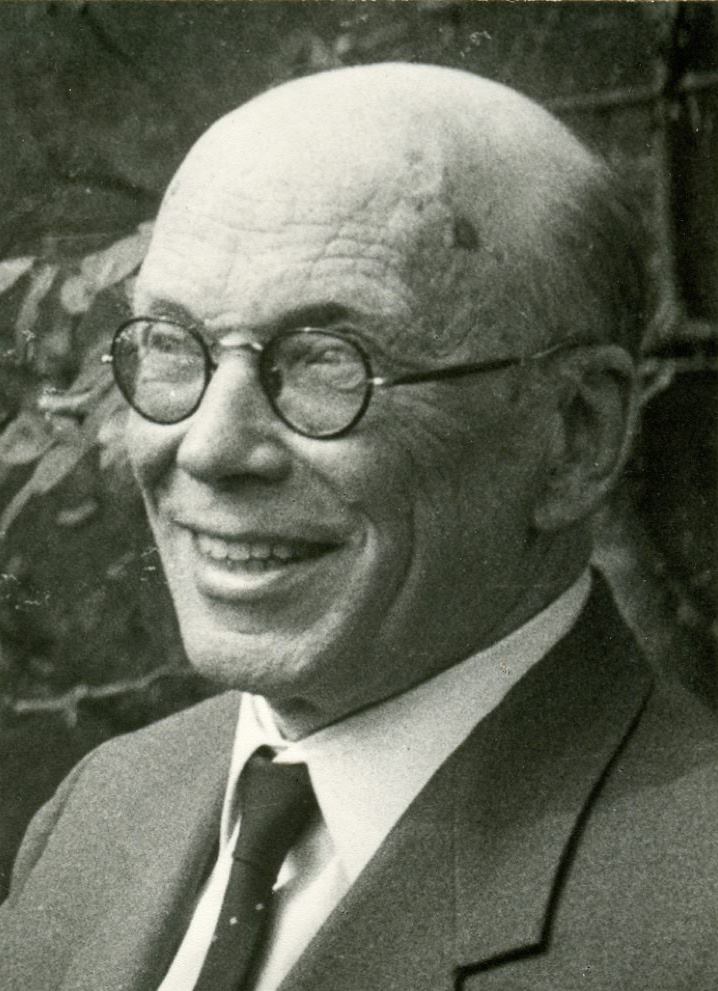
We have been writing a little series of posts (starting here) about the central themes of this weblog.
My approach has been largely autobiographical – considering how, coming from an intensive background in the New Age movement, I converted to Catholicism and came ever more to understand the need to guard and defend Catholic tradition.
But amidst this biographical trajectory, two very different thinkers stand out, two luminaries of my soul who are very much at the heart of this website.
The two luminaries I mean are Valentin Tomberg and Hilaire Belloc – twin stars in the firmament of forces forging my perspective.
And as this little series is dedicated to the core of my thinking, it is only right to say something about these two men – although our focus here will be mainly Tomberg.
For among other things, Tomberg is the hardest to explain for many of my readers. For he is mainly known as the anonymous author of a book called Meditations on the Tarot – which would seem far removed indeed from a website dedicated to guarding Catholic tradition!
Let me be clear, right up front, that Meditations on the Tarot has nothing whatsoever to do with telling fortunes! Rather, it is the genuinely profound work of a Catholic convert, which covers vast realms of theology, philosophy, politics, psychology and more in an esoteric context that remains problematic in certain secondary, if not tertiary aspects at least. (For more about this, see here.)
But it is not our purpose here to explicate all this now – but rather to indicate, a little, how Tomberg’s thought has profoundly shaped my writing at this site.
Perhaps that can best be done by saying something of Tomberg’s far-reaching critique of modernity and particularly the Reformation and the Enlightenment – which not only informs Meditations on the Tarot, but his other post-conversion Catholic works.
Now, possibly, this critique is nowhere more explicit than in his 1946 Catholic work on jurisprudence, Foundations of International Law.
Herein, he writes of the French Revolution – that cornerstone of modern, secular culture:
The French Revolution was but a stepping stone – a stepping stone that demonstrated with alarming clarity the great trend of revolutions which began with humanism in the Fourteenth Century, then resulted via the Reformation in the Enlightenment of the Eighteenth Century, which in turn, took “fleshly” form in the revolution of 1789.
From there it advanced via 1830 and 1848 2026 to the international community of 1871 [when the brutally secular Third French Republic arose, among other things – RB] – and to the Russian revolutions in 1905, February 1917 and October 1917.
The beginning of the revolutionary development is harmless humanism, the swooning over laical [i.e. from the French laicité and meaning secular – RB] culture; and it ends with Black and Red Bolshevism – as the final result of the destruction of the great temple of piety, in which and from which the soul of the occident draws its life-force.
The joy of thinking and researching without God in laical humanism led to the first push in the direction towards further “emancipations”, i.e. the severing of the bonds of reverence: reverence for the Church´s tradition, including her saints and sages; reverence for the tradition of chivalry, including its reverence for women and the sanctity of word and honour, finally reverence for the human being itself, with its right to life, liberty and property.
One started thinking without God and one ended up with life without God, the push to liberate oneself from one bond (research liberated from religion) led ultimately to the liberation from all bonds.
Thus was created a human without reverence, the psychological Bolshevik … [Tomberg’s emphasis in bold, mine in italics].
Thus Tomberg critiques the very bedrock of modernity, not only the modern European revolutions of 1789, 1830 and 1848, not only the Reformation and the Enlightenment – but even going straight back to the humanism of the Renaissance!
For all these movements to think and formulate without the revelation entrusted to the Church were clearly leading to the irreverent, secular life without God that plainly horrified Tomberg and in which he found a refuge in Catholicism. For as he writes in Meditations on the Tarot:
It is thanks to the Church that we have air to breathe and that we have a place of shelter and refuge in this world … drowned in utilitarianism, materialism, industrialism, technologism, biologism and psychologism.
Anonymous (Valentin Tomberg) Meditations on the Tarot, p 188.
Now, in Meditations on the Tarot, Tomberg likewise considers this trajectory of thinking without God leading to life without God.
There he speaks – in tragic terms – of modernity’s fixation on emancipation, the emancipation (and rootlessness) that is, of our current secular society.
For in his fifth meditation on the Tarot, Tomberg writes of society moving from the fourfold Cross to the fivefold pentagram – indicating that humanity has fallen for an unholy pentagram of hope in emancipated humanity, instead of hope in the five sacred wounds of Christ.
(In this connection, one may profitably reflect on the five pointed star that has appeared on many modern flags – including though not limited to the American – whilst the Cross has been taken down.).
Here, then, is Tomberg’s reflection on the secular, humanistic society that has resulted in abandoning the Cross for the pentagram that led to revolution …
The Middle Ages erected the Cross above the nations, societies, aspirations and thoughts of Europe. This was the epoch of obedience and faith —accompanied by every imaginable human abuse.
This was followed by an epoch where the dawn of hope made itself felt. Humanism, with its flourishing of Renaissance art, philosophy and science, was born under the sign of hope.
The sign of the pentagram began its ascent. It was then that opposition arose between the sacred pentagram of five wounds and the pentagram of the emancipated personality.
A purely humanistic art, science and magic had its development under the sign of the pentagram of hope in man, as opposed to the sign of the pentagram of hope in God, i.e. the sacred pentagram of the five wounds …
The impulse of freedom —of hope in emancipated man —has built up and demolished a great deal. It has created a materialistic civilisation without parallel, but at the same time it has destroyed the hierarchical order— the order of spiritual obedience.
A series of religious, political and social revolutions has ensued.
But the hierarchical order is eternal and obedience is indispensable. Now new hierarchical orders are beginning to be established, replacing obedience by tyranny and dictatorship. For he who sows the wind shall reap the whirlwind (cf. Hosea ix, 7)—this is a truth that we are learning with so much suffering today.
The pentagram of hope in emancipated man has in former times sown the wind —and we and our contemporaries are now reaping the whirlwind.
Now, dear Reader, here is only one thread of many which run through Meditations on the Tarot and Tomberg’s other Catholic writings, namely that modern liberalism – faith in emancipated man and not a hierarchy dedicated to God – is leading to tyranny.
Anonymous (Valentin Tomberg) Meditations on the Tarot, p 118.
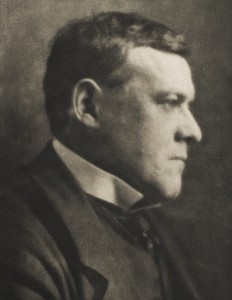
It is what Benedict XVI likewise called the ‘dictatorship of relativism’ and Hilaire Belloc described as ‘a regime of heresy’.
Again Meditations on the Tarot contains much else besides this. However, what concerns us here is Tomberg’s critique of what might be called the RRE – or the Renaissance, Reformation and the Enlightenment.
For our modern Western world is composed of two different kinds of cultures.
Put simply, the first is that which passed through the RRE – and said unequivocally yes. This is the English-speaking world, above all (Ireland excepted).
And the other is that world which never said such an unequivocal yes – and very often an (outraged) no.
And, as I have said throughout this little series, my life story has involved my own personal transition from the first kind of culture to the second.
For I grew up in England and America which so easily and entirely embraced the Reformation and the Enlightenment. But I went to live in Catholic Ireland, Spain and France – all of which took a very different response.
For even France – that secular bastion of the Enlightenment and the Revolution which followed it – once harboured a vast, sweeping movement of Catholic Counter-Revolution which said decidedly non!
In Ireland and Spain of course that no was even more pronounced (at least, until very, very recently).

Yes my transition from living in the unambiguously RRE world to the world which critiqued the RRE gave me much pause for thought. Indeed, the transition has been personally transformative for me.
For in my personal transformation, I saw how much Catholic Ireland, Spain and France possessed in terms of a spiritual and communitarian wealth that made my own Anglo-American background often seem downright impoverished by comparison.
We hope to explain this a little more in the forthcoming and final part of this series. (However, the reader who is curious about this wealth may be referred to this piece on Catholic Ireland here.)
And in that piece, we will also note now that the New Age movement has clearly grown in the soil of the RRE world – yet it has had far harder problems taking root in Catholic culture …
For now, we simply want to return to Tomberg and say his thinking – as revealed in the passages above – helped me clearly understand the differences between the new Catholic countries I came to live in and the America and England I left behind.
Moreover, Tomberg further illumined for me the dangers of continuing the trajectory of the RRE of which the New Age movement is merely the latest phenomenon.
This website, then, dear Lector, is all to with these things. You can find many many pieces here which explicate them more – for example under many different labels such as Catholic Ireland, Catholic France and Catholic Spain, which talk of our experience of those cultures.

There are also other labels devoted to Valentin Tomberg, Counter Revolution as well as the crisis of the Church, which, as we said last time, is in in so many ways a crisis of the Protestantisation of Catholicism to the point of becoming a clone …
It remains now to say a little something of Hilaire Belloc, as promised above.
When we began this website in 2009, I hardly knew Belloc’s thinking at all. But from 2012 onwards, Belloc started to impact me ever more.
Belloc, among other things, was a man of two cultures. He had been born in France of a French father who died when Belloc was very young. And so he had been raised by his English mother in England.
And all of Belloc’s life was dominated by the comparison of the Catholic France he loved and the Protestant England which he dedicated himself to evangelising.
What is less known is that Belloc had some Irish roots and married an Irish-American wife.
In a strange way, then, Belloc’s life turned around these four countries that figure so prominently in my own journey: England, America, France, Ireland.
I have found his writings on all of these profound. Indeed, they have served to amplify very considerably Tomberg’s reflections on the RRE trajectory.
For Hilaire Belloc was likewise gravely concerned with the world Tomberg described as ‘drowned in utilitarianism, materialism, industrialism, technologism, biologism and psychologism.’
And much, very much of Belloc’s thought concerned how much this drowned world was particularly beholden to the Reformation.
As we have been exploring recently at this website, Belloc located the origins of Capitalism in the Reformation – and tried to show how countries like France and Ireland plotted a different course than capitalist England and America.
There is much more to say of this. And we plan to explore Belloc in great depth at this website in the future.
But right now, we are, as we have said, mainly concerned with simply introducing some of our main concerns – rather than detailing them at length.
We pause for now. We hope to soon feature a concluding instalment where we will try to tie all these threads together a little more.
For these constitute most of this weblog’s main threads that we have been unpacking here, including the Sacred Heart, Catholic tradition and Catholic cultures, as well the Protestantisation of the modern Catholic Church – and the New Age movement which is, in so many ways, the latest flowering of the Protestant spirit.
And all these are things that my own life trajectory, as well as Valentin Tomberg and Hilaire Belloc, helped me to realise …
Foreword for Monarchy by Roger Buck
Buying Books at Amazon Through These Links Gives Us a Commission. This Supports Our Apostolate. Thank You if You Can Help Us Like This!

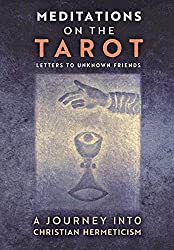
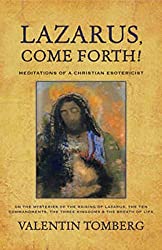
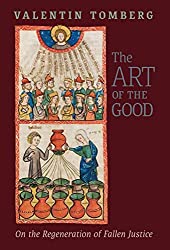
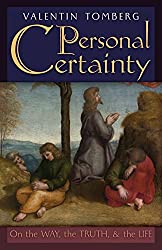
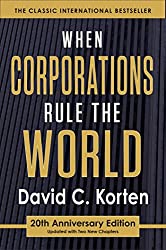
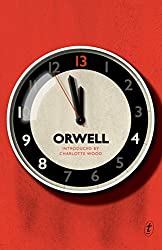
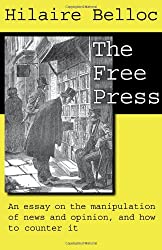
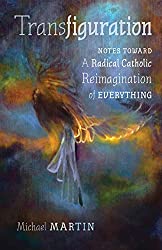




Comments
comments are currently closed
3 responses to “Valentin Tomberg, the Reformation and the Enlightenment”
Roger,
Very interesting article. I have never heard of this man so thank you for bringing him to our attention. I too love to delve back in history to understand how we are where we are.
This is a really interesting site.
Mary Rose, thank you for these kind words again. In terms of understanding where we are now, you may be interested to see I have just put up another piece on Belloc, who, whatever his limitations, has prophetic insights to offer …
Once upon a time, what Hilaire Belloc was saying in that piece I have posted (here) was mainly relevant to the Anglo-American world. Alas, it is now relevant to Ireland, too …
Thinking of you warmly and your concern with Ireland. I must and will get back to you …
(Also my apologies to anyone else reading this whom I am also very slow in responding to.)
Thank you so much for your blog post. You have truly given me hope. I too have spent around 20 years involved in the new-age and for me also, the spiritualist movement. I was received into the Catholic Church in 2006 but have been lost ever since, until recently when I began to read Christian Hermeticism and the Meditations on the Tarot. I realise that I have instinctively been searching for the mystery of the heart of Christ, but looking in the wrong places. I looked within magical orders, secret societies and the like. (As a philosophy graduate, I have a natural need for deep contemplation and exploration.) Eventually however, the call to the Church was too strong to ignore. It hasn’t been easy though. Ive tried to join two parishes yet have been treated badly in both due to my past involvments and each time I ran back to the new-age world. I am currently trying again, the call even stronger, and I hope I have found a Church that I can call home.
I think that many involved in new-age and occult practices are seeking the mystery of God through Christ, which should be available within the Church, but just doesn’t seem to be there. I found that when I first converted to Christianity, I felt bereft of the mystery.
Christian Hermeticism and the writings of Christian mystics have lifted my heart. I know now, that I can have a meaningful experience of the great mystery of the Divine within the Catholic Church. It’s a blessed relief! I wish there was more advice and support within the Church for people coming out of the occult and new-age. I know many who have reverted back to the new-age because they have been greeted with horror and exorcism from the start, when actually, with a little more understanding from the Church, the impulse that fueled their interest in such practices is the seed that can now be nurtured in Christ.